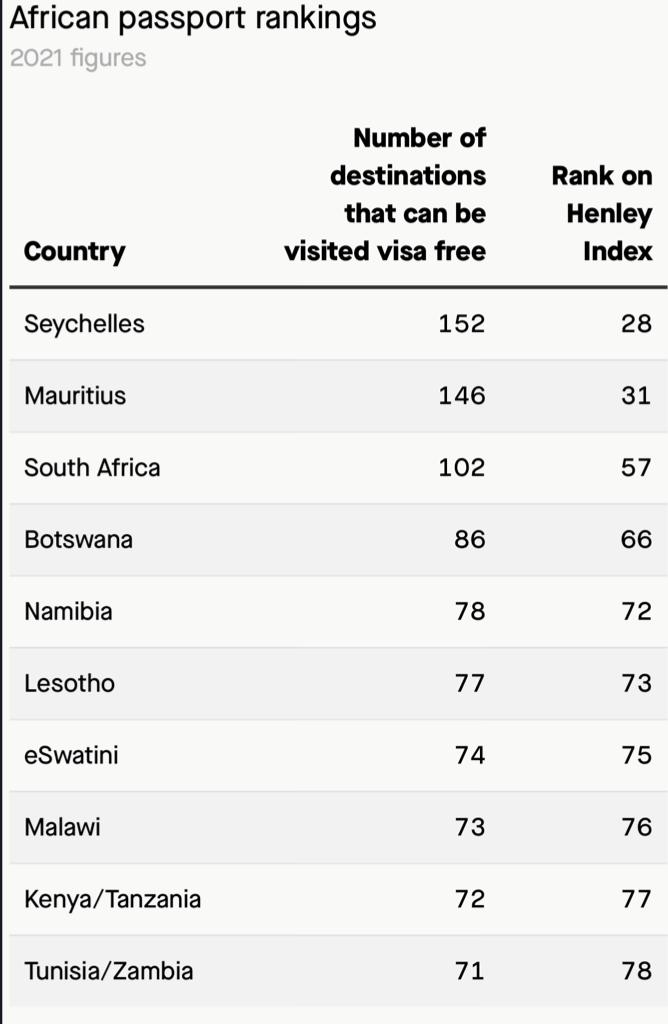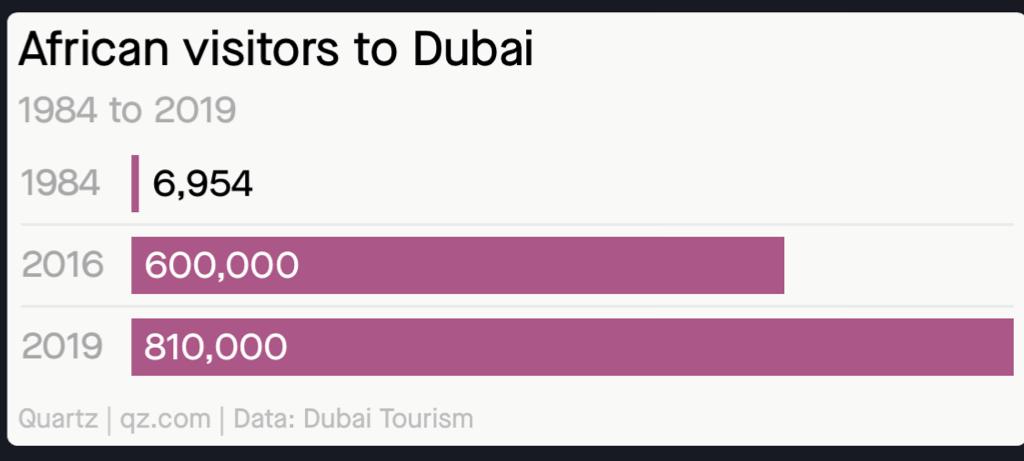Visiting Ghanaians cannot travel to the UAE visa free for now, but celebrations this past weekend were premature.
On Aug. 5, Ghana’s parliament ratified an agreement that will waive visa requirements for its citizens traveling to the oil-rich Arab nation that is a choice destination for African tourists and business people. The waiver will apply to people holding diplomatic, service, and ordinary passports, according to reports. It is a mutual exemption that grants Emirati visitors to Ghana in the same passport categories similar benefits.
The announcement was taken to mean that a visa-free regime was now in force, prompting a clarification by the west African country’s embassy in the UAE. “The Embassy urges the public to disregard all such publications and messages. Even though the agreement has been ratified by the Parliament of Ghana, the processes for its implementation have not been completed,” a statement by the Embassy confirmed by Quartz Africa said.
The Embassy said it would communicate new procedures “when the agreement comes into force.” It defers Ghanaian celebration but shows how eager Africans are for visas that ease access to global opportunities.
Powerful passports matter
African passports are among the weakest in the world, in terms of how many countries their holders can visit without a visa or with a visa on arrival. Seychelles and Mauritius continue to be the only countries in the top 50 of the Henley Passport Index, a UK advisory firm’s tracker of the world’s most powerful passports.
Besides the small island nations, South Africa is the only other African country whose passport holders can visit more than 100 countries visa-free. Nigeria, Africa’s largest economy, is ranked 101st (six places down from last year) with 46 destinations – 18 fewer than its neighbor, Ghana.

Big money flows from Dubai and Abu Dhabi
African visa-free travel to the UAE is particularly interesting. Its main cities—Abu Dhabi but especially Dubai— have been exalted over the last decade in African entertainment as the places to go for leisure, luxury shopping, and destination weddings. The cities’ popularity has positively impacted trade balance sheets too.
Non-oil trade between the UAE and Africa surpassed $40 billion in the first nine months of 2020, exceeding 2019 figures despite a pandemic. Since 2017, the number of Africa-focused businesses setting up shop in Dubai has increased by over 25% to stand at 21,000, according to Dubai’s Chamber of Commerce and Industry. 6% of all Dubai visitors in 2019 were Africans, helping to grow trade with Dubai from 3% in the early 2010s to 10% by 2018, according to Hamad Buami, the city’s president of the chamber of commerce, in an interview with African Business.

Africa-UAE trade has also been strong in Abu Dhabi. In May, the Abu Dhabi Export Office (ADEX) signed a $30 million agreement that grants loans to importers in east and southern Africa. The loans will be granted through the Eastern and Southern African Trade and Development Bank (TDB), the first such deal between the Abu Dhabi export finance organization and a foreign financial institution.
Dubai offers two visa regimes for most visiting Africans: short term for 30 days and another option for 90 days. Both are renewable but applications cost between $90 and $460. For now, the most privileged African passports when it comes to UAE travel are those from Seychelles and Mauritius that allow for 90 and 30 day visa-free visits respectively, according to Emirates, the Dubai government’s airline. The hope for Ghanaians is that they will soon join this elite class of African travelers to UAE once the agreement is implemented. Quartz Africa














